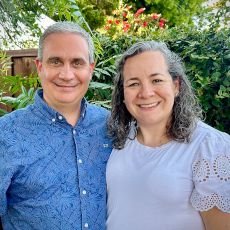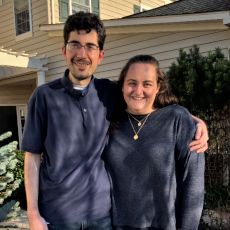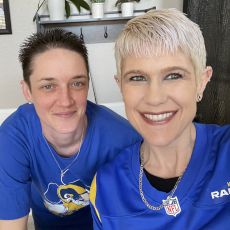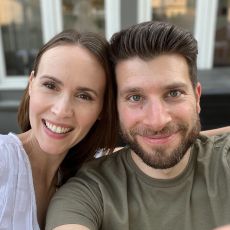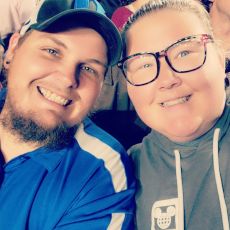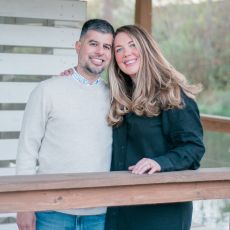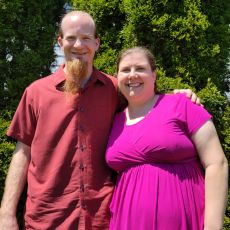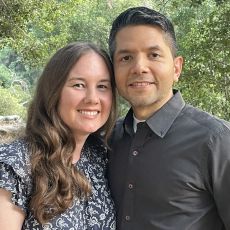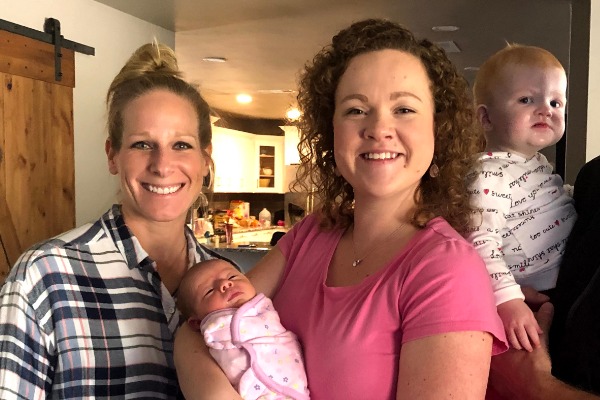I Don't Want Contact After Putting my Baby Up for Adoption [Closed Adoption]
Putting a child up for adoption is a selfless choice to make, but a difficult one. Even if you know that it’s in the best interest of you and your baby, the idea of being separated from your child can be hard to cope with. That’s why there are post-placement contact arrangements.
There are three different types of post-placement contact:
Many adoptions today are open adoptions, which allow for contact between the birth parents and the adoptive family. If you’re a prospective birth mother and don’t want contact after putting your child up for adoption or a birth mother who’s already placed your baby and the post-placement contact is impeding your healing process, you might be wondering about the possibility of a closed adoption.
While closed adoption is an option for you, it’s important that you fully understand what closed adoption is and why it’s less common today. To get more information about closed adoption, continue reading below or reach out to an adoption specialist today.
What is Closed Adoption?
Closed adoption is a post-placement contact arrangement where the birth parents have little to no contact with the adoptive family. Identifying information about the birth parents such as last names and contact information are generally kept confidential. In previous years, closed adoption was the most common form of adoption due to social stigmas surrounding unplanned pregnancies and single parenting.
Because of the total confidentiality of closed adoptions, most adoptees grew up never knowing who their birth parents were or how to get in contact with them. Similarly, birth parents were left wondering what happened to their child and where they ended up. Even with more adoptions being open today, adoptees from the closed adoption era have a hard time getting access to their adoption records.
While closed adoptions aren’t as popular as they used to be, they are still preferred by some birth parents.
Alternatives to Closed Adoption
Many birth mothers who don’t want contact after putting their child up for adoption are pregnant and are uncomfortable with the idea open adoption or they’ve placed their child in an open adoption and the post-placement contact is emotionally difficult.
You might feel as if a closed adoption will give you the closure and space you need to heal and move forward with your life. This is completely valid. Having to be a part from your child can be incredibly difficult even if you know you’re giving them an amazing life. You’re not alone in this. Many birth parents experience feelings of grief and loss following the adoption. These feelings may get easier with time or ebb and flow.
If you need additional support, there are adoption counselors available to you 24/7 to help you cope with these difficult emotions. This is your adoption and your choice. If you feel a closed adoption is what’s best for you, this will always be your decision to make. If post-placement contact sounds like too much, there are a couple of alternatives.
Adjust the Post-Placement Contact in Your Open Adoption
Something that birth mothers who don’t want contact after putting their child up for adoption might not know about open adoption is that you can choose how much contact you want and when you would like that contact to begin.
If you’re a prospective birth mother you can alter your adoption plan at any time to specify the amount and type of contact you want. You can also let your adoption specialist and the prospective adoptive family know that you want to take some time after the placement to process your emotions before you reach out to them.
If you’re a birth parent who has already placed your child with their adoptive family, you can communicate your emotions to the adoptive family or let your adoption specialist know that you are having a difficult time coping with post-placement contact and may need to take a break until you have had time to grieve.
Semi-Open Adoption
Another alternative to closed adoption if you don’t want contact after putting your child up for adoption is semi open adoption. This type of post-placement contact allows you to stay in contact with the adoptive family in a more indirect way. Your adoption specialist will facilitate all post-placement communication contact between you and the adoptive family. This allows you to know how your child is doing while also providing some separation.
Benefits of Post-Placement Contact
The majority of adoptions today are open. In fact, only 5 percent of modern adoptions are closed. This is because the many benefits of open adoption have come to light over the years. If you don’t want contact after putting your child up for adoption, consider the advantages of open adoption before making any concrete decisions:
-
You will be able to watch them grow and thrive. Through open adoption, you won’t ever have to wonder how your child is doing. You will be able to watch them benefit from the opportunities they have access to because of your decision to place them for adoption.
-
They will be more confident in their self-identity. Because your child will know about their family history and where they came from, they will have more confidence and certainty in their background.
-
Your child will never have to wonder why you chose adoption. One of the biggest detriments of closed adoption is it often leads to the adoptee feeling unwanted or wondering why they were placed for adoption. Open adoption allows them to know that your decision was made out of love and compassion.
-
You can develop a relationship with them. Through post-placement contact, you will be able to form a deep bond with the adoptive family and your child. You may even become part of the family over time.
-
Your child will have access to updated medical history. While medical history isn’t part of the records that are sealed in a closed adoption, they will only be able to access the medical history available at the time of placement. Through open adoption, you are able to provide your child with helpful and potentially life-saving medical information.
Your post-placement contact arrangement will always be your choice to make. If you don’t want contact after putting your baby up for adoption because you feel it will be emotionally difficult or slow your healing process, you’re valid in these emotions.
However, there are ways you can give yourself time to process your emotions while maintaining contact with the adoptive family. To get more information about the benefits of post-placement contact, reach out to an adoption specialist today.
Disclaimer
Information available through these links is the sole property of the companies and organizations listed therein. American Adoptions provides this information as a courtesy and is in no way responsible for its content or accuracy.





